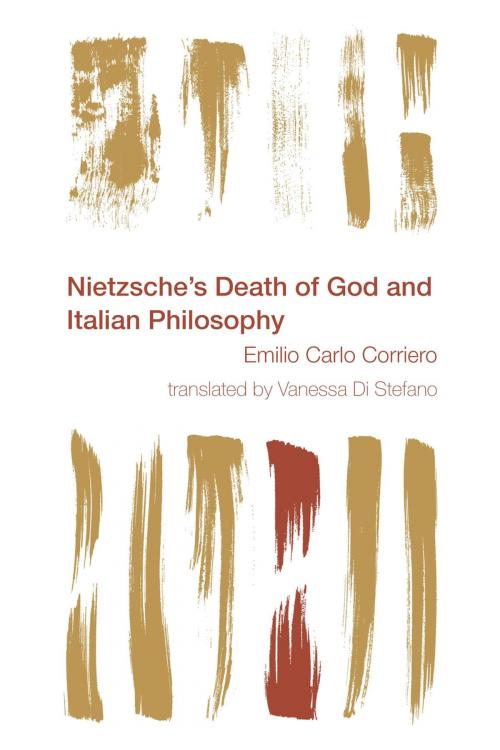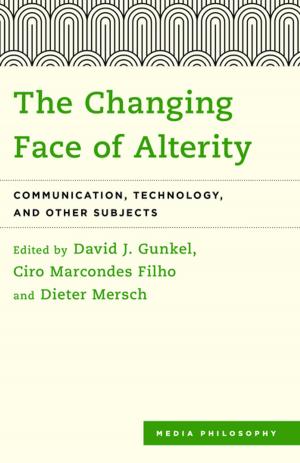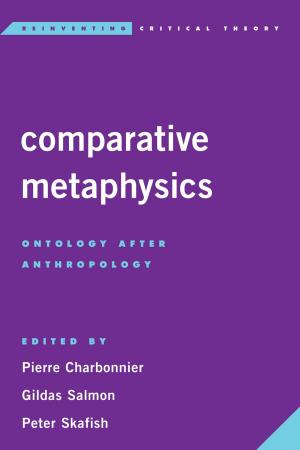Nietzsche's Death of God and Italian Philosophy
Nonfiction, Religion & Spirituality, Philosophy, Political| Author: | Emilio Carlo Corriero | ISBN: | 9781783488148 |
| Publisher: | Rowman & Littlefield International | Publication: | August 31, 2016 |
| Imprint: | Rowman & Littlefield International | Language: | English |
| Author: | Emilio Carlo Corriero |
| ISBN: | 9781783488148 |
| Publisher: | Rowman & Littlefield International |
| Publication: | August 31, 2016 |
| Imprint: | Rowman & Littlefield International |
| Language: | English |
This book describes the reception of the Nietzschean Death of God within the Italian philosophical debate, an ambit traditionally concerned with emphasising the practical-political meaning of philosophical thinking.
Nietzsche's abyssal announcement of the Death of God - "mein Wort für Ideale" - highlights the necessity to rethink the connection between theory and praxis. This is particularly evident in the works of Italian thinkers such as Vattimo, Cacciari, Colli, Masini e Severino, who in large part have read Nietzsche's philosophy through the philosophical filter of Marxian culture, trying to show the emancipatory charge present in Nietzsche's work and the necessity to rethink the boundaries of the political, over the limits of political theology. Emilio Carlo Corriero demonstrates how the reception of Nietzsche's pronouncement, with its theoretical consequences, reveals the specific character of Italian philosophy, its eclectic attitude and its attention to the practical-political meaning of philosophical thought, but also its constant reflection on the concept of history and the origin of Being.
This book describes the reception of the Nietzschean Death of God within the Italian philosophical debate, an ambit traditionally concerned with emphasising the practical-political meaning of philosophical thinking.
Nietzsche's abyssal announcement of the Death of God - "mein Wort für Ideale" - highlights the necessity to rethink the connection between theory and praxis. This is particularly evident in the works of Italian thinkers such as Vattimo, Cacciari, Colli, Masini e Severino, who in large part have read Nietzsche's philosophy through the philosophical filter of Marxian culture, trying to show the emancipatory charge present in Nietzsche's work and the necessity to rethink the boundaries of the political, over the limits of political theology. Emilio Carlo Corriero demonstrates how the reception of Nietzsche's pronouncement, with its theoretical consequences, reveals the specific character of Italian philosophy, its eclectic attitude and its attention to the practical-political meaning of philosophical thought, but also its constant reflection on the concept of history and the origin of Being.















